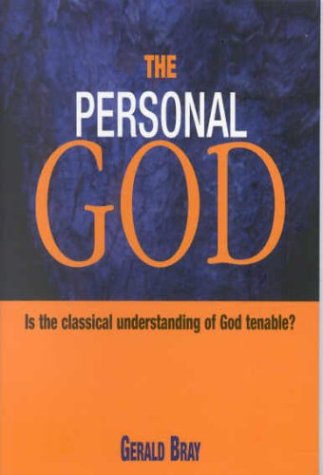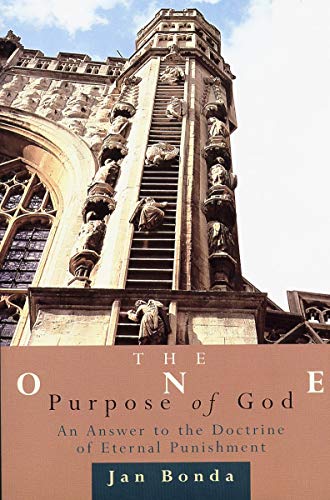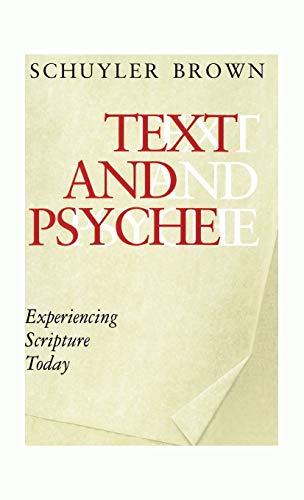Hear, my Son: Teaching and Learning in Proverbs 1–9 (New Studies in Biblical Theology 4)
Written by Daniel J. Estes Reviewed By Wolfgang BluedornThese two books are designed to help readers apply the teaching of Proverbs to their lives. Daniel Estes focuses on the broad theme of Education in Proverbs 1–9. He first describes the Yahweh-centred worldview of these chapters, outlining the implications for the themes of creation, order, rationality and the fear of Yahweh. Estes then applies this basis to different aspects of education. Its values should be centred in Yahweh, since his wisdom is the prime value and the objective standard by which every facet of life is measured. Its goals are to make the learner a mature godly person rather than to transmit specific knowledge, since God’s wisdom will inevitably lead to a better life in personal and social respects. Hence its curriculum encompasses Yahweh’s direct revelation, instruction by godly teachers, and personal observations. Instruction builds on the authority of the teacher and heavily involves students in the learning process by presenting them with the choice to act wisely, that is, in line with the teacher’s instruction. Accordingly, the teacher is foremost a guide who leads the learner in accordance with his maturity, while the learner must value the teacher, listen attentively, value wisdom by embracing the way of Yahweh, and assimilate wisdom in his life.
While Estes draws heavily on other authors, the book nevertheless presents a helpful overview of the values of Christian education in an institutional setting. The book’s structure of exposition and summary makes it easy to comprehend, and the extensive bibliography provides the opportunity for further study.
David Atkinson covers the whole book of Proverbs, concentrating on the theme of Wisdom. In a refreshing way he first portrays Wisdom as ‘a personification of a particular aspect of the nature of God’ (170), explaining how each verse that thematises Wisdom contributes to its portrait. Wisdom is God’s way of educating his people. It builds on God’s creation, and can be discerned in everyday life. Atkinson shows the significance of Wisdom in Proverbs 1–9 for the teenager and young adult, addressing topics such as sexuality, laziness and relationship to parents. He discusses the collection of proverbs in 10:1–22:16, its significance for learning from wisdom, its main themes of love, justice and the fear of the Lord, how various proverbs relate to these themes, and how they may be applied to everyday life today to form Christian character. Here he explains in some detail the significance of Wisdom for topics such as marriage, family, diligence, health, security, materialism, speech and freedom, setting them in the wider context of the NT where appropriate. The section on the ‘Words of the Wise’ (Prov. 22–24) continues the discussion of Wisdom’s values, with some additional points. Treatment of the remaining chapters (25–31), however, is rather condensed, being restricted to individual proverbs, headings and keywords.
With its concentration on Wisdom, this is not a full commentary on Proverbs; much more could be said about the biblical book. Nevertheless, it is a well-worked reflection on Wisdom as the message of Proverbs, and an application of this message to everyday life.
Wolfgang Bluedorn
Cheltenham







